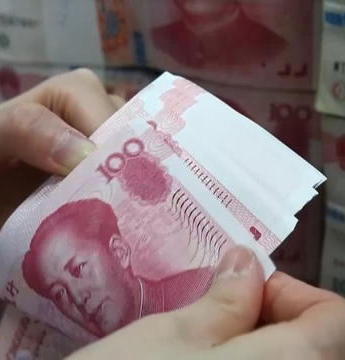China’s move to devalue currency could reverberate globally
China’s surprise move Tuesday to devalue its currency has intensified concerns about a slowdown in the world’s second-largest economy, whose growth rate has reached a six-year low. It is also fanning political tensions with the United States and Europe, whose exports could become comparatively costlier. China’s central bank said the devaluation of the yuan was a result of reforms intended to make its exchange rate more market-based. The yuan is linked to the dollar’s value, which has jumped in the past year. Chinese officials say Tuesday’s move will mean the yuan will partly reflect market fluctuations while still remaining linked to the dollar.
The move signals that [China] is willing to use all available tools, including a weaker currency, to prop up exports and its domestic economy.
Eswar Prasad, an international economist at Cornell University
Yet many economists cautioned against seeing Beijing’s move mainly as an effort to benefit its exporters at the expense of overseas competitors. They note that China’s currency, left to market forces alone, would have declined in value in recent months. China’s action Tuesday sparked complaints in Washington, where members of Congress have long complained that Beijing manipulates its currency to gain a trade advantage. China becomes the third major economy to act to lower its currency value over the past two years. Initiatives by Japan and the European Union depressed the yen and euro. Those moves contrast with action foreseen from the Federal Reserve, which is expected to boost the short-term interest rate it controls later this year.
The question isn’t their commitment to the goal; the question is the pace at which they implemented it. I hope this is not something that slows down the pace of reform.
Treasury Secretary Jacob Lew

Business china currency